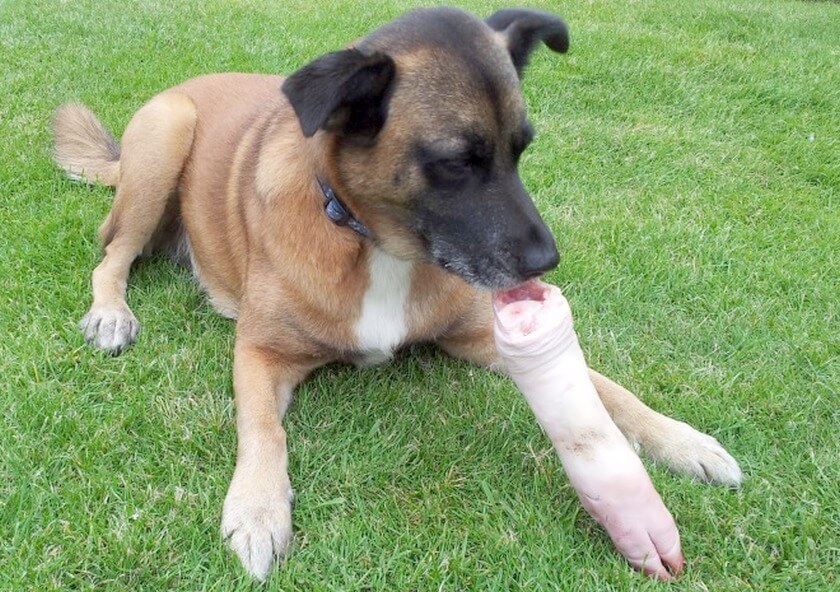Bravo’s recent voluntary recall left me scratching my noggin: Why bother recalling food that third-party testing proved was free of Salmonella.
According to Bravo!: The products they are recalling “all tested negative for pathogens by an independent third-party prior to being shipped, but they were run on the same or next day of a product that tested positive for salmonella”.
A permanent stain
Why issue a recall for a pet food that tested negative for pathogens? Considering the economic loss, professional damage and irreparable harm that recalls create I have to wonder: Why would Bravo!, or any company for that matter, commit commercial suicide by issuing a recall that they didn’t have to?
A grey area
Bravo’s voluntary recall falls into a kind of grey zone. Phrases such as “abundance of caution” and “out of precaution” are often used to describe these ambiguous recalls. It isn’t really a recall, as recalls are legally defined by the FDA, yet consumers are unlikely to make that distinction; The only thing consumers are likely to remember are two words: Recall and Bravo!.
A real recall
Recalls are not just published for the hell of it. The law is very specific about what a recall is – and by extension what a recall isn’t. According the FDA [emphasis mine]:
Recall is an effective method of removing or correcting consumer products that are in violation of laws administered by the Food and Drug Administration. Recall is a voluntary action that takes place because manufacturers and distributors carry out their responsibility to protect the public health and well-being from products that present a risk of injury or gross deception or are otherwise defective…
…A firm may decide of its own volition and under any circumstances to remove or correct a distributed product. A firm that does so because it believes the product to be violative is requested to notify immediately the appropriate Food and Drug Administration district office…Such removal or correction will be considered a recall only if the Food and Drug Administration regards the product as involving a violation that is subject to legal action, e.g., seizure…
…The notification [recall notice] will specify the violation, the health hazard classification of the violative product…
…A firm may decide to recall a product when informed by the Food and Drug Administration that the agency has determined that the product in question violates the law, but the agency has not specifically requested a recall. The firm’s action also is considered a firm-initiated recall…
Voluntary schmoluntary
While struggling to understand the logic of Bravo’s voluntary recall, I can’t help but wonder: If Bravo! is not committing professional suicide – what are they doing? Is it possible that this recall was for some reason not really voluntary, but that Bravo! was somehow coerced or encouraged to issue it? With the threat of mandatory recall hanging over manufacturer’s heads – manufacturer’s may not feel as though they have much of a choice.
With a recall that does not appear to have a legal basis, or any logic attached to it you can’t help but wonder: Was the FDA somehow involved in this action? When the government steps in who are they there to protect? Does the FDA always follow the letter of law – or do they have wiggle room? Does the FDA interpret food safety law according to their own agenda?
More frightening than the possibility of Salmonella infection, is the very real possibility that the FDA practices selective enforcement.


Comments (2) Write a comment